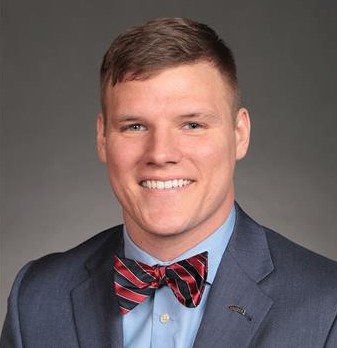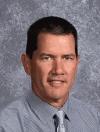
A main topic of debate yet again this legislative session is on school vouchers.
House District 47 Representative Phil Thompson of Boone says the governor’s proposal is taking 70-percent of the state allocated funds per pupil and allowing that student to go to another public school, or a private institution or be homeschooled, while the remaining 30-percent goes to small or rural school districts. He points out that part of the bill is capping the scholarships at 10,000 students, with 5,000 going towards students with an Individual Education Plan (IEP) and 5,000 toward students who are from a middle to low income federal poverty level.
Thompson notes the bill does not require private schools to accept students with an IEP, but this would be an incentive for them to consider it because of the scholarships that would be available. As for the small and rural school districts, Thompson says those must be 500 kindergarten through 12th grade or less students. He believes that with the governor’s proposal, this wouldn’t be a catastrophic event for the smaller schools.

“Schools that have more pupils, if they lose a few students, and they do every year, it’s not as much of a blow as if it were a really small school, when you’re talking a higher percentage of their gross funds. So the 30-percent following small schools, that’s the idea of that. Greene County, you do have to go a lot further to go to a private school, so I don’t see them losing as many people as at some of the schools that probably have higher access to private schools.”
Paton-Churdan would qualify to receive those remaining funds from the governor’s proposal. P-C Superintendent Kreg Lensch shares his thoughts on the voucher system.
“If we would lose one kid, on their voucher plan, you’re talking about $7,000. You lose them as a kindergartener, I think sometimes they forget, then you get to take the over $7,000 and times that by 13 years of lost money. So a return of a few thousand dollars every year out of a fund that’s developed because other people are losing kids, there’s not many superintendents that would be in favor of that. The other bad part of that is, theoretically, that can pit smaller/rural school superintendents against larger school superintendents and that’s never good in our profession.”
Thompson serves on the House Education Committee and adds, if the bill is taken up, he would like to see the 30-percent stay within the school district area that the student originally came from.

